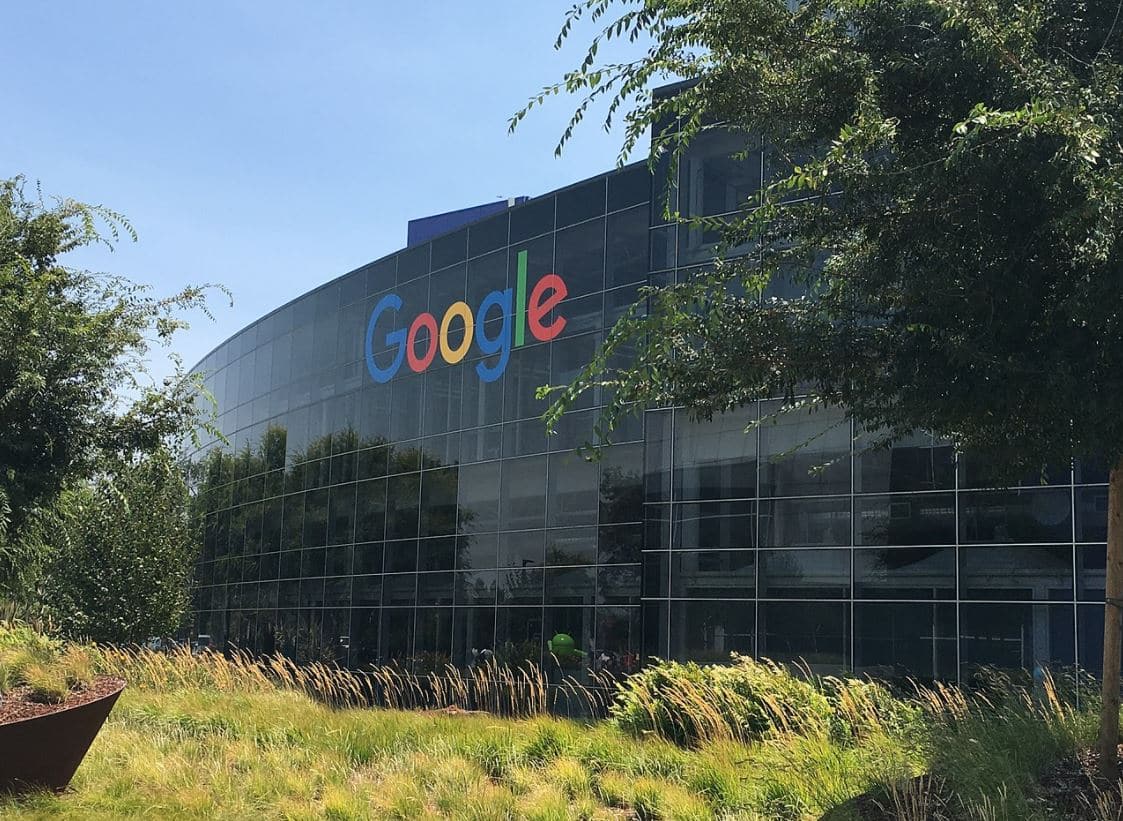Justices Side With Google in Copyright Fight With Oracle

WASHINGTON – The Supreme Court on Monday sided with Google in a long running copyright dispute over the software used in Android, the mobile operating system.
The court decision was 6-2, as Justice Amy Coney Barrett had not yet been confirmed by the Senate when the case was argued in October, and therefore did not participate in the case.
To create Android, which was released in 2007 and is now used on most of the smartphones in the world, Google wrote millions of lines of new computer code, but also used 11,330 lines of code that are part of the Java platform.
The Java programming interface was developed by Sun Microsystems, which was acquired by Oracle in 2010.
In their essence, the arguments came down to the same claims made in music industry lawsuits for decades — how much of another’s work can you use before you have to pay some kind of royalty.
Recording artists of all kinds have been subject to such a lawsuit, notably the former Beatle George Harrison, who fought in court — and ultimately lost — over whether his “My Sweet Lord” and the Chiffon’s “He’s So Fine” were essentially the same song.
In the end, Harrison was found guilty of “subconscious plagiarism” and had to pay $1,599,987 of the earnings from “My Sweet Lord” to Bright Tunes (songwriter Ronnie Mack had died in 1963, shortly after “He’s So Fine” charted).
More recently, a judge entered a nearly $5 million judgment against Robin Thicke and Pharrell Williams in favor of Marvin Gaye’s family in the long-running lawsuit involving copyright infringement surrounding Thicke and Williams’ song “Blurred Lines” and Gaye’s 1977 hit “Got to Give It Up.”
Many artists avoid the cost of litigation by admitting to “borrowing” from the work of another, citing the “folk tradition” in American music, and quickly settling out of court.
In the tech world, the words “folk tradition” are replaced by the phrase “doctrine of fair use,” and the all-out war between Google and Oracle was seen as the landmark dispute over what types of computer code are protected under U.S. copyright law.
Google maintained all along that its use of code was covered under the doctrine of fair use and therefore not subject to copyright liability. Oracle claimed it was owed as much as $9 billion for infringement.
The U.S. Court of Appeals for the Federal Circuit held that the code in question was copyrightable and that Google’s use of it was not protected by fair use.
Shortly afterward, as the case awaited its day before the Supreme Court, Microsoft argued in a friend-of-the-court brief that the federal appeals court decision “threatens modern paradigms of software development.”
IBM and several tech industry lobbying groups also sided with Google.
The Motion Picture Association and the Recording Industry Association of America were among those supporting Oracle.
On Monday, the Supreme Court reversed the appeals court’s decision. Justice Stephen Breyer, who wrote the majority opinion in the case, held that Google’s use of the code was protected under fair use, noting that Google took “only what was needed to allow users to put their accrued talents to work in a new and transformative program.”
“To the extent that Google used parts of the Sun Java API to create a new platform that could be readily used by programmers, its use was consistent with that creative ‘progress’ that is the basic constitutional objective of copyright itself,” Breyer added.
But the justice stopped short of deciding whether the code was subject to copyright.
“Given the rapidly changing technological, economic, and business-related circumstances, we believe we should not answer more than is necessary to resolve the parties’ dispute,” Breyer wrote.
Breyer was joined by Chief Justice John Roberts and Justices Sonia Sotomayor, Elena Kagan, Neil Gorsuch and Brett Kavanaugh. Justices Clarence Thomas and Samuel Alito dissented.
In his dissent, joined by Alito, Thomas said the majority was wrong to skip over the question of copyrightability.
“The Court wrongly sidesteps the principal question that we were asked to answer: Is declaring code protected by copyright? I would hold that it is,” Thomas wrote.
“The majority purports to save for another day the question whether declaring code is copyrightable. The only apparent reason for doing so is because the majority cannot square its fundamentally flawed fair-use analysis with a finding that declaring code is copyrightable,” Thomas said.
In a statement, Oracle said that “the Google platform just got bigger and market power greater. The barriers to entry higher and the ability to compete lower.”
“They stole Java and spent a decade litigating as only a monopolist can. This behavior is exactly why regulatory authorities around the world and in the United States are examining Google’s business practices,” Oracle said.























